Dr. Rudolf Virchow, one of the founders of scientific medicine, said that "Medicine is a social science, and politics is nothing more than medicine on a large scale." Beyond caring for the sick, doctors have played an important role in calling attention to the social determinants of health. International physicians for the prevention of nuclear war (IPPNW) played a pivotal role in the cessation of atmospheric nuclear weapons testing at the height of the cold war. This anti-weapons activism later came to be directed towards civilian nuclear energy by the likes of anti-nuclear crusader Dr. Helen Caldicott who is well known for her unwillingness to back up her outlandish claims with scientific evidence. Doctors for Nuclear Energy is a new international group of physicians who argue that nuclear energy is a keystone technology for the elimination of air pollution and CO2 emissions. Co-founders Dr. Van Der Merwe and Dr. Keefer share their perspectives on relative risk assessment, radiophobia and its public health consequences and our clean energy future.
Interview in a nutshell
Dr. Anton Van Der Merwe makes the case for nuclear energy from a public health perspective. He argues that fears about radiation are vastly overblown compared to the very real dangers of air pollution from fossil fuels.
Episode overview
Dr. Anton Van Der Merwe, professor of molecular immunology at Oxford University, discusses why he supports nuclear energy as a physician. He explains how air pollution from fossil fuels poses a much greater health risk than radiation from nuclear power. Van Der Merwe argues that nuclear energy can help address both climate change and air pollution. He critiques the over-regulation of radiation exposure compared to air pollution. The conversation covers topics like DNA repair mechanisms, evacuation policies after nuclear accidents, and the need for physicians to advocate for nuclear energy based on public health evidence.
About the guest
Dr. Anton Van Der Merwe is a physician and professor of molecular immunology at Oxford University. He specializes in studying cell surface molecule interactions. Van Der Merwe is a co-founder of Doctors for Nuclear Energy, an international group advocating for nuclear power to address climate change and air pollution.
Words that stick
"Even the worst case scenario, an atomic weapons explosion hasn't really caused massive increases in mortality from radioactivity. So it's really no surprise that low doses of radioactivity, it's very difficult to detect any harm."
"If you lived in the exclusion zone in Fukushima, you would shorten your life by an average of 2.5 months. If you live in London and exposed to the average level of air pollution there your life is shortened by four months."
Deeper dive
According to Van Der Merwe:
Air pollution from fossil fuels and biofuels is a major cause of disease, especially in developing countries
Nuclear accidents like Three Mile Island caused no measurable harm, despite public perception
Regulatory thresholds for radiation exposure are much stricter than for air pollution, despite air pollution being more dangerous
DNA repair mechanisms evolved to handle radiation damage, which is less significant than damage from free oxygen radicals
Evacuations after nuclear accidents like Fukushima likely caused more harm than radiation exposure
Natural background radiation varies widely around the world, from 2.5 mSv/year to over 200 mSv/year in some areas
The linear no-threshold (LNT) model of radiation risk is not supported by evidence at low doses
China's commitment to net zero emissions by 2060 is a major development for climate action
Developing countries need reliable energy sources like nuclear to industrialize and become resilient to climate impacts
Further reading
• Doctors for Nuclear Energy website: https://www.doctorsfornuclearenergy.org/
• UN Scientific Committee on the Effects of Atomic Radiation (UNSCEAR) reports
• Japanese atomic bomb survivors lifetime study
• Philip Thomas's research on comparative risks of radiation vs air pollution
Keywords: Nuclear energy, radiation, air pollution, public health, climate change, DNA repair, LNT model, Fukushima
Entities named: Helen Caldicott, Michael Shellenberger, Zion Lights, UN Scientific Committee on the Effects of Atomic Radiation (UNSCEAR), Philip Thomas


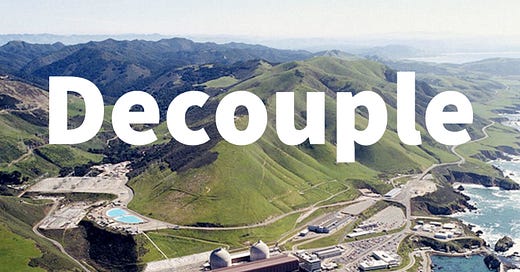

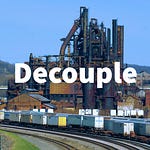

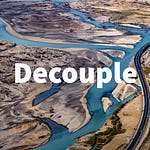
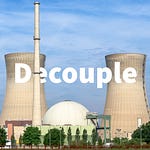
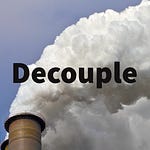



Share this post